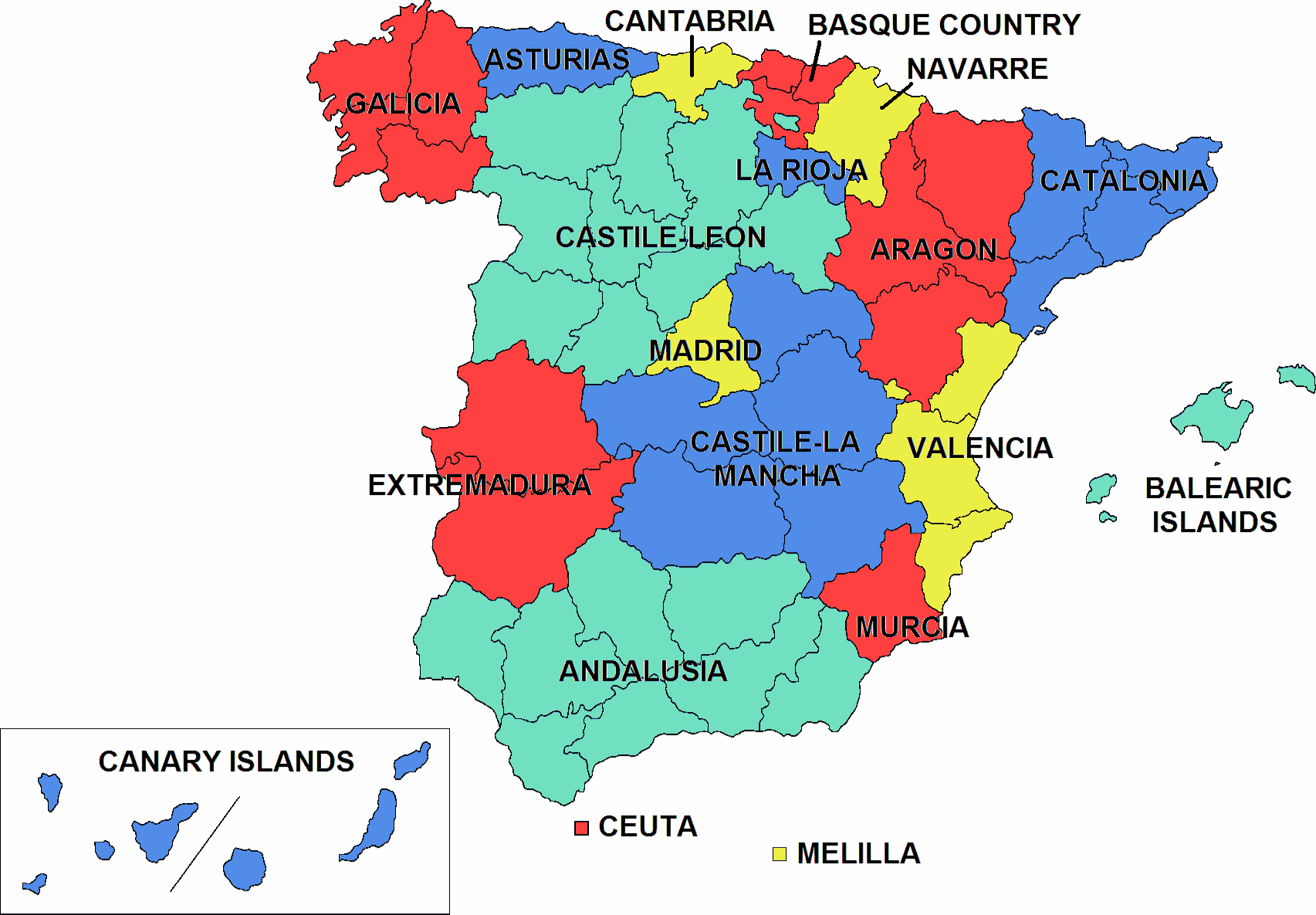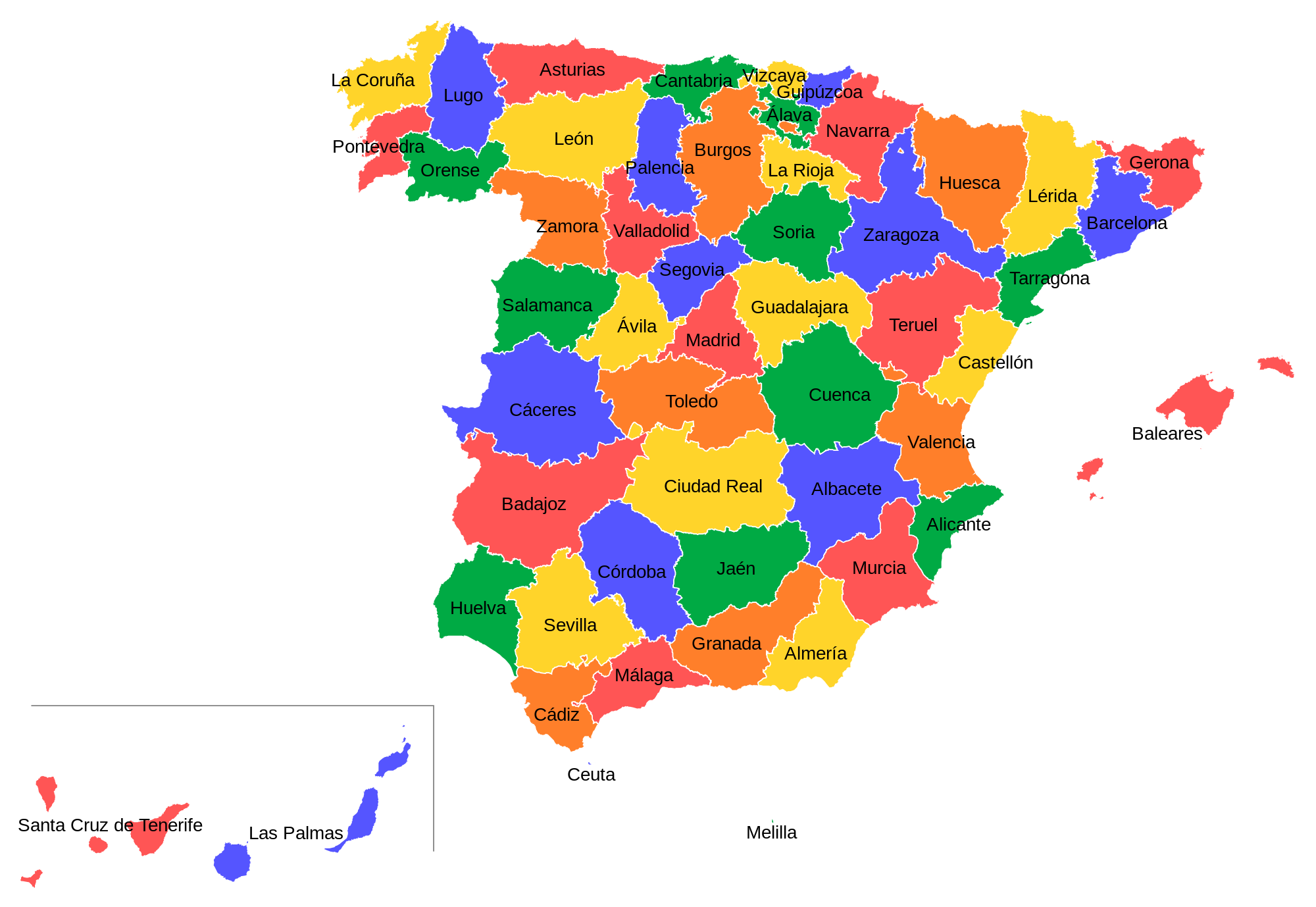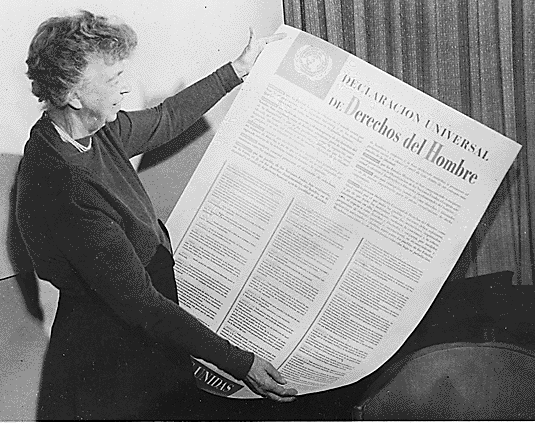The Spanish Constitution established the basic laws of the country.
The Constitution established the division of powers: legislative, executive and judicial. each power is controlled by only one institution, so they're independent.
Legislative power is exercised by the Parliament (Cortes Generales).
Parliament makes the laws, approves the state budget and monitors the activity of the government.
It's made up of two parts: the lower house, or Congress (Congreso de los Diputados) and the upper house, or Senate (el Senado).
Deputies work in Congress and Senators work in the Senate. The senators represent the autonomous communties.
Deputies and Senators are elected by citizens in general elections every four years.
Executive power is exercised by the government. The government is composed of its leader, the president, and the ministers. The ministers are responsible for specific areas such as economy, education, health or industry. The government headquarters is Moncloa Palace.
Judicial power is exercised by the judicial system. It interprets the law and decides who is obeying the law or not. The judicial system imposes punishment for those who break the law. Judges work in courts and tribunals.



_14.jpg)


